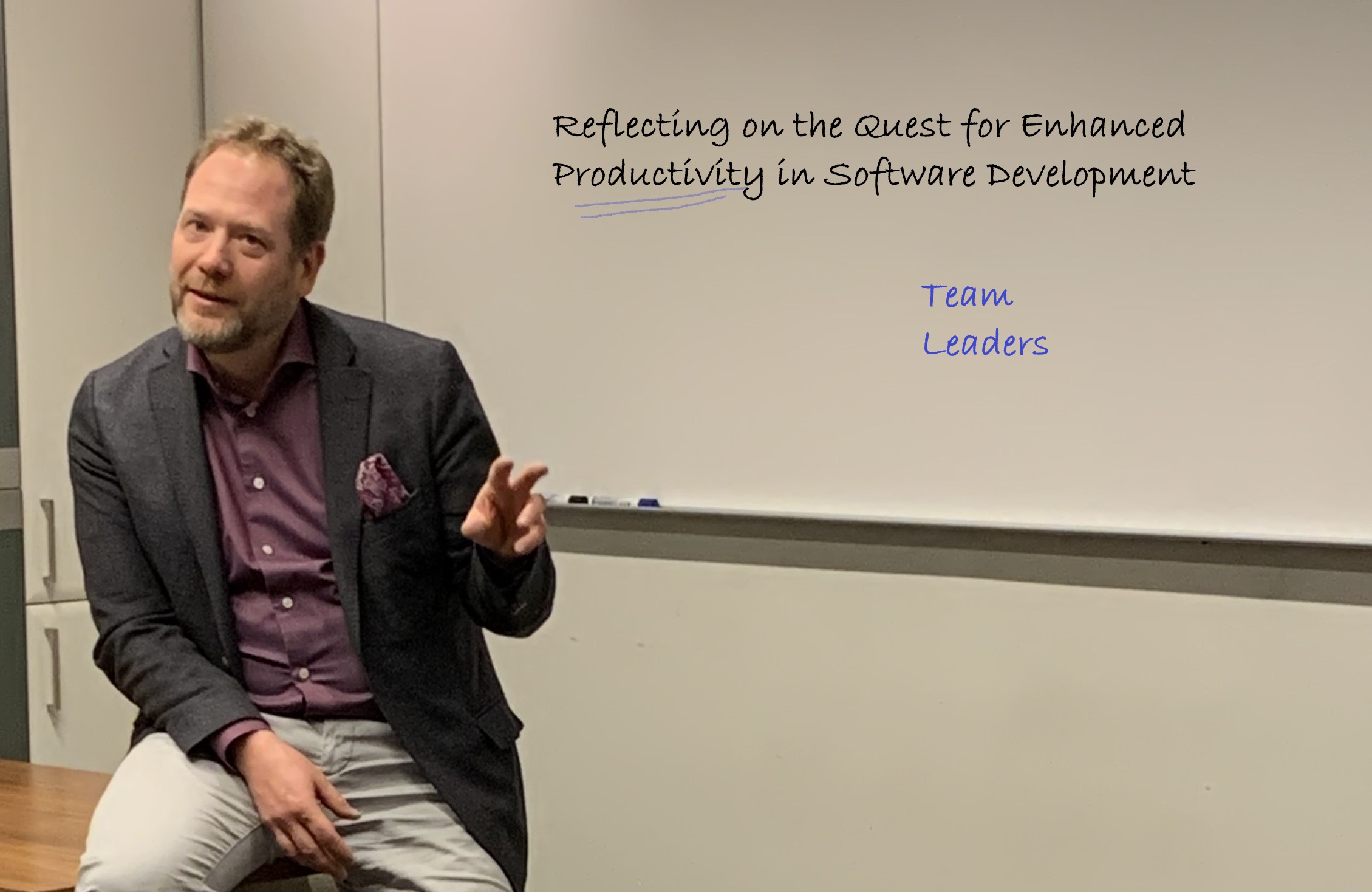
In late 2009, Sebastian Siemiatkowski, the CEO of Klarna, and I embarked on a series of enlightening discussions with leading technology companies in Stockholm, including Google, Tail-f, Pricerunner, Dice, Avanza, Ericsson, Bwin, and Virtutech. Our aim was to understand how successful companies cultivate their teams, enhance productivity, and manage their processes by understanding their corporate culture, strategies, and management practices.
Our conversations revealed a universal problem within the industry: defining and measuring productivity. From Google to Ericsson, every company seemed to grapple with similar questions-How do we measure productivity effectively? How do we set meaningful goals? What best motivates our developers? And crucially, how do we attract and retain top talent? The challenge of measuring productivity proved to be the most formidable. Mike Williams from Ericsson suggested that productivity isn't always quantifiable in objective terms; instead, it demands a managerial perspective that’s partly subjective. Ericsson, for instance, tracks metrics like hours spent per bug as a measure of quality. On the other hand, Google employs a peer review system where developers are assessed by their teammates, underscored by a dual reward system that motivates individual and team performance.
Setting goals was another area where commonality was found. Successful organizations like Google have a top-down yet participatory approach to goal setting. Managers provide strategic direction-such as improving response times for a specific product-and teams are encouraged to propose specific, measurable targets. These goals are then fine-tuned through a collaborative dialogue between managers and teams, ensuring the targets are ambitious yet achievable, with clear rewards tied to their accomplishment.
When it comes to motivation, we discovered that while monetary bonuses are prevalent, intrinsic motivators such as career progression opportunities and a vibrant, creative work environment also play significant roles. Companies that manage to create an engaging and supportive workplace culture boost motivation and enhance overall job satisfaction among developers. Finally, recruiting and retaining top talent seems to hinge on the attractiveness of the company culture. High-performing developers tend to attract peers of similar caliber. Our discussions highlighted the importance of a meticulous recruitment process, where technical challenges and team interviews play a crucial role in ensuring cultural and technical fit.
These dialogues revealed an essential truth in software development: the right mix of people simplifies many operational challenges. By focusing on creating a supportive culture, encouraging open dialogue about goals, and recognizing both team and individual achievements, companies can enhance productivity and foster innovation and satisfaction among their teams. I got reminded of this interview tour by an article in Inc Magazine through a LinkedIn post.
Now, 15 years after those initial insightful discussions, my role as a consultant has afforded me a wider view of the software development landscape across various types and sizes of companies. Despite the passage of time and the advent of new technologies, the core challenges remain remarkably consistent. The difficulties are universal, from small startups endeavoring to realize ambitious ideas to large corporations with thousands of developers. These large organizations often implement frameworks like SAFe or other methodologies to instill order and coherence across teams of teams. Yet, they continue to confront the same fundamental questions about productivity, motivation, goal-setting, and recruitment.
A recurring theme in my observations is the central importance of the team. The dynamics within these groups, their collaborative efficiency, and their collective skill set are often the linchpins of project success or failure. A well-aligned team can navigate complex challenges and drive projects to success, reinforcing that the collective is often greater than the sum of its parts.
The quality of leadership is perhaps even more important than any other factor in an organization. Leaders who possess a clear vision and the bravery to pursue it are essential in guiding their teams through challenging situations. The ability to set clear goals, motivate teams, and make decisive decisions is the key to success - as long as they have the courage to act. As I continue to engage with different companies, it becomes increasingly clear that while the tools and technologies evolve, the human elements of team dynamics and leadership remain key determinants of success in software development. To thrive in this field an organisation need to address these age-old challenges with innovative approaches and steadfast leadership. One of the most valuable things that can be learned from Sebastian is the importance of proactively seeking out and building relationships with experts in a particular field. By gaining insights and knowledge from those who have already excelled, we can accelerate our own progress and success. Don't hesitate to tap into the vast resources available and learn from the best.
